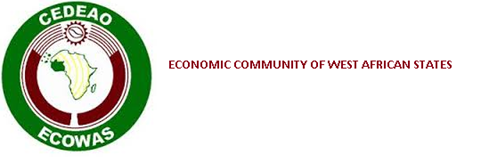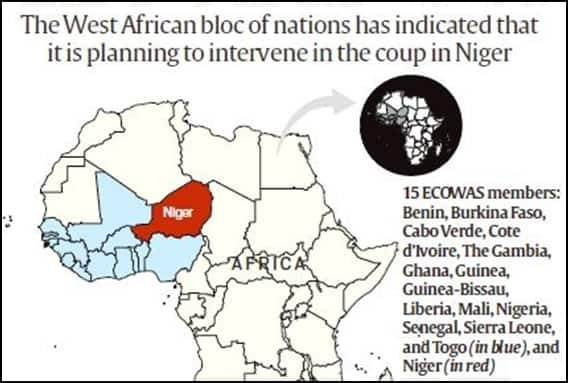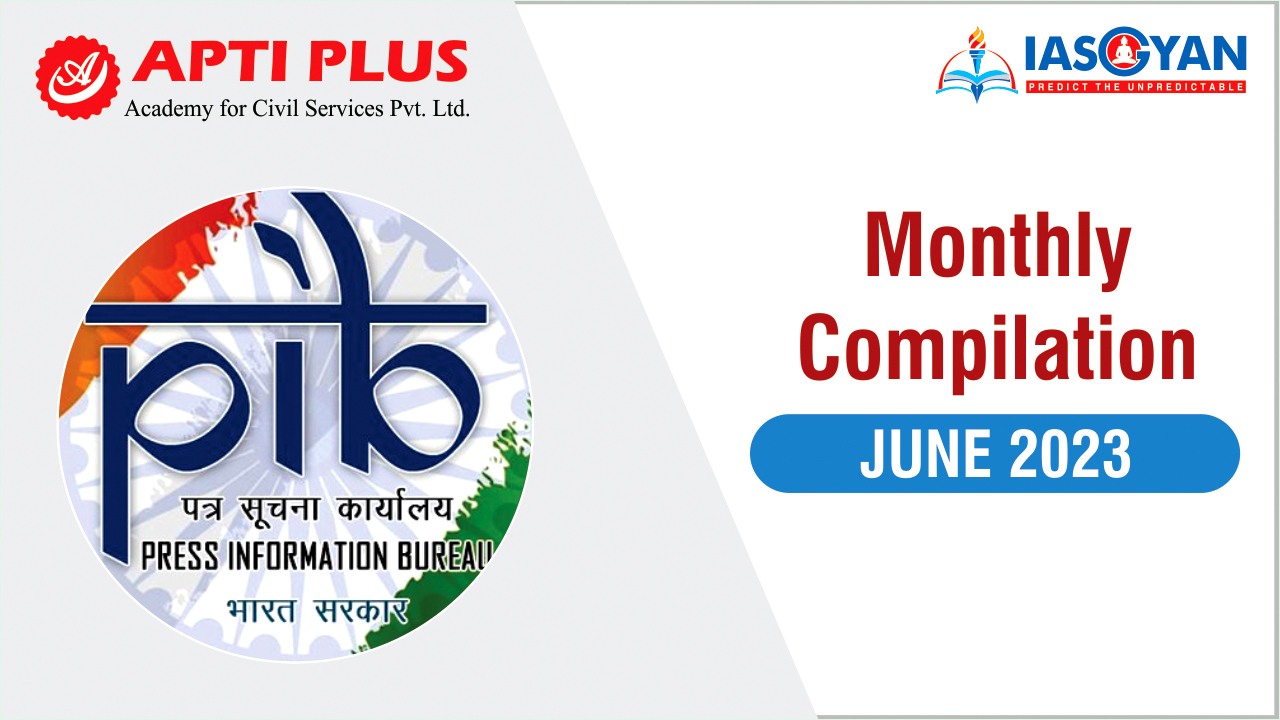Description

Disclaimer: Copyright infringement not intended.
Context
- ECOWAS - Economic Community of West African States plans to meet in Nigeria's capital Abuja to discuss how to deal with the coup in Niger.
What is ECOWAS?
- Also known as CEDEAO in French, the regional group was established in 1975 through the Lagos Treaty – with a mandate of promoting economic integration among its members.
- Today, ECOWAS has 15 members: Benin, Burkina Faso, Cape Verde, Cote d’ Ivoire, The Gambia, Ghana, Guinea, Guinea Bissau, Liberia, Mali, Niger, Nigeria, Sierra Leone, Senegal and Togo. Around 400 million people live in this region.

- Although, following coups in recent years in some of the biggest countries in the bloc – namely Mali, Guinea and Burkina Faso – it suspended the three members and refused to recognise their new governments.
Member States
- The member States of ECOWAS are Benin, Burkina Faso, Cabo Verde, Côte d’Ivoire, The Gambia, Ghana, Guinea, Guinea, Bissau, Liberia, Mali, Niger, Nigeria, Senegal, Sierra Leone and Togo.
Larger Aim
- ECOWAS’ larger aims are to have a single common currency and create a single, large trading bloc in areas of industry, transport, telecommunications, energy, financial issues, and social and cultural matters.
Vision
- The vision of ECOWAS is the creation of a “borderless region” that is well-integrated.
- “ECOWAS is meant to be a region governed in accordance with the principles of democracy, rule of law and good governance.
Objectives
The Revised Treaty of ECOWAS states the objectives:
- The harmonization and coordination of national policies and the promotion of integration programmes, projects and activities, particularly in food, agriculture and natural resources, industry, transport and communications, energy, trade, money and finance, taxation, economic reform policies, human resources, education, information, culture, science, technology, services, health, tourism, legal matters;
- The harmonization and coordination of policies for the protection of the environment;
- The promotion of the establishment of joint production enterprises;
- The establishment of a common market;
- The establishment of an economic union through the adoption of common policies in the economic, financial, social and cultural sectors, and the creation of a monetary union.
- The promotion of joint ventures by private sector enterprises and other economic operators, in particular through the adoption of a regional agreement on cross-border investments;
- The adoption of measures for the integration of the private sectors, particularly the creation of an enabling environment to promote small and medium-scale enterprises;
- The establishment of an enabling legal environment;
- The harmonisation of national investment codes leading to the adoption of a single community investment code;
- The harmonization of standards and measures;
- The promotion of balanced development of the region, paying attention to the special problems of each member state particularly those of landlocked and small island member states;
- The encouragement and strengthening of relations and the promotion of the flow of information particularly among rural populations, women and youth organizations and socio-professional organizations such as associations of the media, business men and women, workers, and trade unions;
- The adoption of a community population policy which takes into account the need for a balance between demographic factors and socio-economic development;
- Any other activity that member states may decide to undertake jointly with a view to attaining community objectives.

Organizational Structure
- The organizational structure of ECOWAS consists of the following institutions and specialized agencies:
Institutions:
- The Authority of Heads of State and Government
- The Council of Ministers;
- The Community Parliament;
- The Economic and Social Council;
- The Community Court of Justice;
- The ECOWAS Commission;
- The ECOWAS Bank for Investment and Development (EBID);
- The West African Health Organization
- The Inter-Governmental Action Group against Money Laundering and Terrorism Financing in West Africa (GIABA)
Specialized Agencies:
- West African Monetary Agency (WAMA)
- Regional Agency for Agriculture and Food (RAAF)
- ECOWAS Regional Electricity Regulatory Authority (ERERA)
- ECOWAS Centre for Renewable Energy and Energy Efficiency (ECREEE)
- The West African Power Pool (WAPP)
- ECOWAS BROWN CARD
- ECOWAS Gender Development Centre (EGDC)
- ECOWAS Youth & Sports Development Centre (EYSDC)
- West African Monetary Institute (WAMI)
- ECOWAS infrastructure Projects Preparation and Development Unit (PPDU)
At the helm of its organisation structure is the Chairman of the Authority of Heads of State and Government.
The Chairman is the current Head of State and Government and is appointed by other Heads of State and Government to oversee its affairs for one year.
What kind of a role has ECOWAS played in the region so far?
- Beyond the goals of economic cooperation, ECOWAS has attempted to quell military conflicts in the region.
- ECOWAS also operated a regional peacekeeping operation known as ECOMOG, led by Nigeria in the 1990s and early 2000s, like in Liberia when forces were first deployed in 1990 during the deadly civil war and in Sierra Leone in 1997 when a democratically elected government was overthrown.
- In 2017, it intervened in The Gambia after longtime President Yahya Jammeh refused to step down after losing the elections which eventually led to the winner Adama Burrow coming to power.
- It has sent its troops to other countries but never to Niger.
|
PRACTICE QUESTION
Q. Consider the following statements with reference to ECOWAS - Economic Community of West African States:
1.The Economic Community of West African States was established by the “Treaty of Kiel”.
2.ECOWAS has 25 members and it has a mandate of promoting economic integration among its members.
3.The vision of ECOWAS is the creation of a “borderless region”.
4.West African Monetary Agency is a specialized agency of ECOWAS.
How many of the above are correctly matched?
A) Only 1
B) Only 2
C) Only 3
D) All
Answer: B) Only 2
|

https://indianexpress.com/article/explained/explained-global/ecowas-west-africa-niger-coup-explained-8882492/













